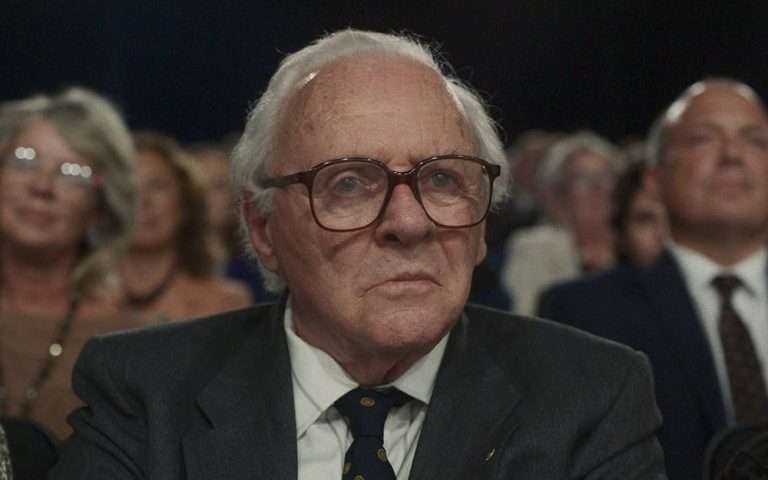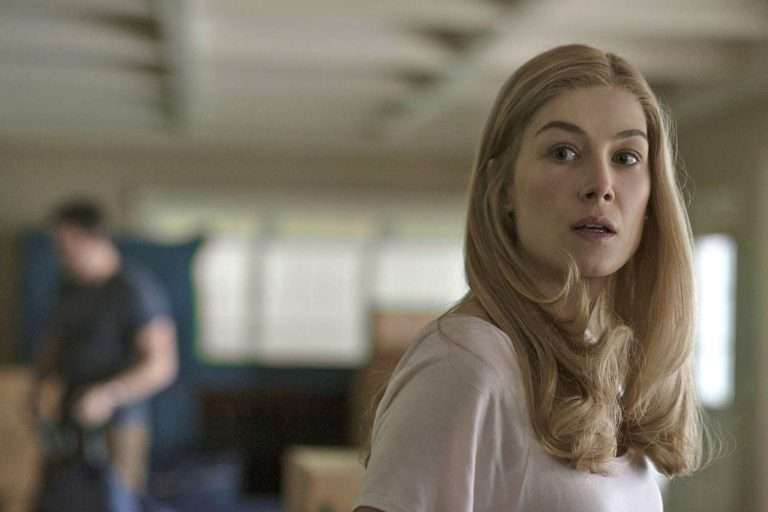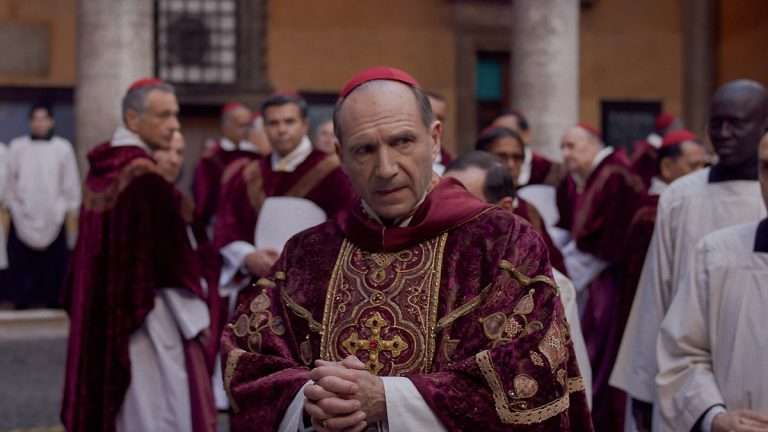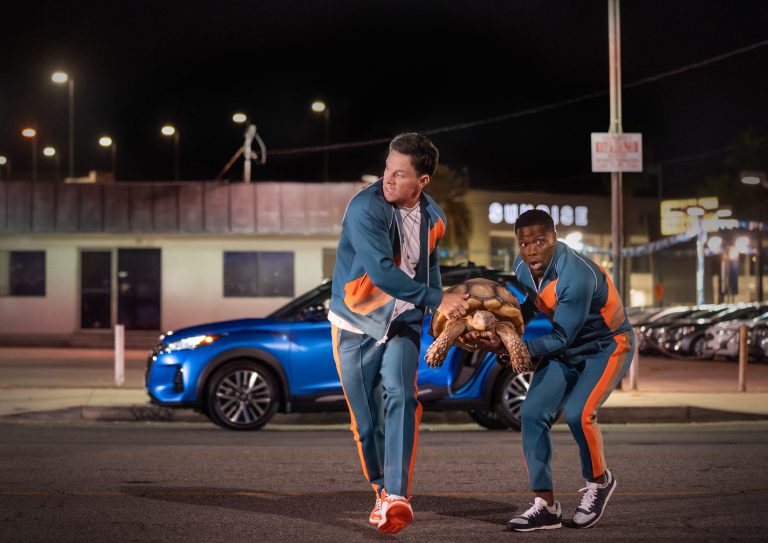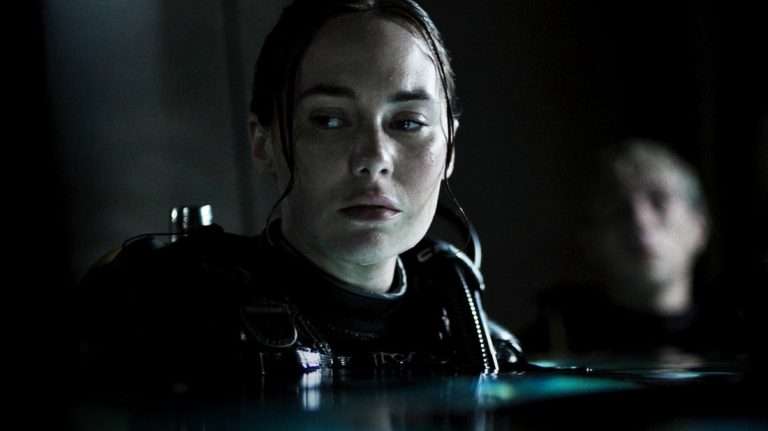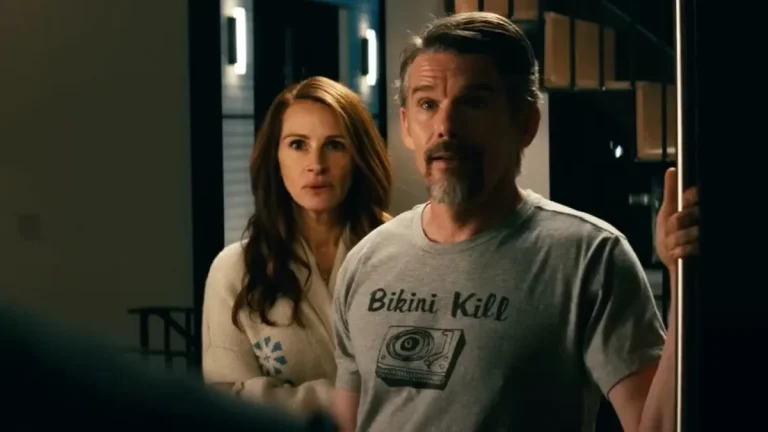Contrary to popular belief, Edgar Wright’s film debut isn’t “Shaun of the Dead,” but a lesser-known parody of the “Dollars Trilogy.” “A Fistful of Fingers” is a succinct movie that sends up the beloved subgenre of Spaghetti Westerns. Made long before even his television breakthrough with “Spaced,” the film precedes his iconic collaborations with Simon Pegg and Nick Frost.
Famed for his post-modernist homages to a variety of genres, it’s easy to understand that Wright’s cinema is a love letter to his childhood fascination with films. His first feature is a direct result of this love specifically for the Western genre, raw and unfiltered in creation with lots of growing pains. “A Fistful of Fingers” feels like Wright corralling a group of his friends to make the film he’d imagined as a child. Wright understands this, crudely delivering a homage with sequences of humor, even mocking the limitations of his budget and skills.
There’s no pretense in the spoof elements and Wright’s understanding of the genre. As such, the film begins with the protagonist No Name (Graham Low), a rip-off of Clint Eastwood’s iconic character from “The Dollars Trilogy.” Though he deeply reveres the genre, Wright shows great wit and a thankful lack of shame in mocking its style and tropes. He merges that with British humor; the jokes have a wry sensibility, and he even pays tribute to the great British comedy troupes like “Monty Python.”
This genius stretches the use of his resources, unabashedly setting up the British countryside as the Old West. No Name’s horse Easy, whose death becomes the emotional hook of the film, is a cardboard cutout with pants for the rider to wear and work with. Similarly, Wright and his team never hide their technical follies, mocking the use of fake mustaches and toy guns.
The Meta energy infused into “A Fistful of Fingers” is the backbone of the comedy. Much of the visual humor that has become a key to Edgar Wright’s cinema is displayed in his debut. However, the lack of budget means that Wright undercuts his action sequences, choosing to let the comedy do the heavy lifting. The signature style of Wright is hinted at with sly camera transitions’ using whip pans as well as montages of quick cuts and sharp zooms. This is still a filmmaker figuring out his style. The use of heavy dialogue-based humor and his strict adherence to the visual language of the genre display this inexperience. Moreover, positioned as a parody from its opening frame, Wright is desperate to find an emotional core for his narrative.
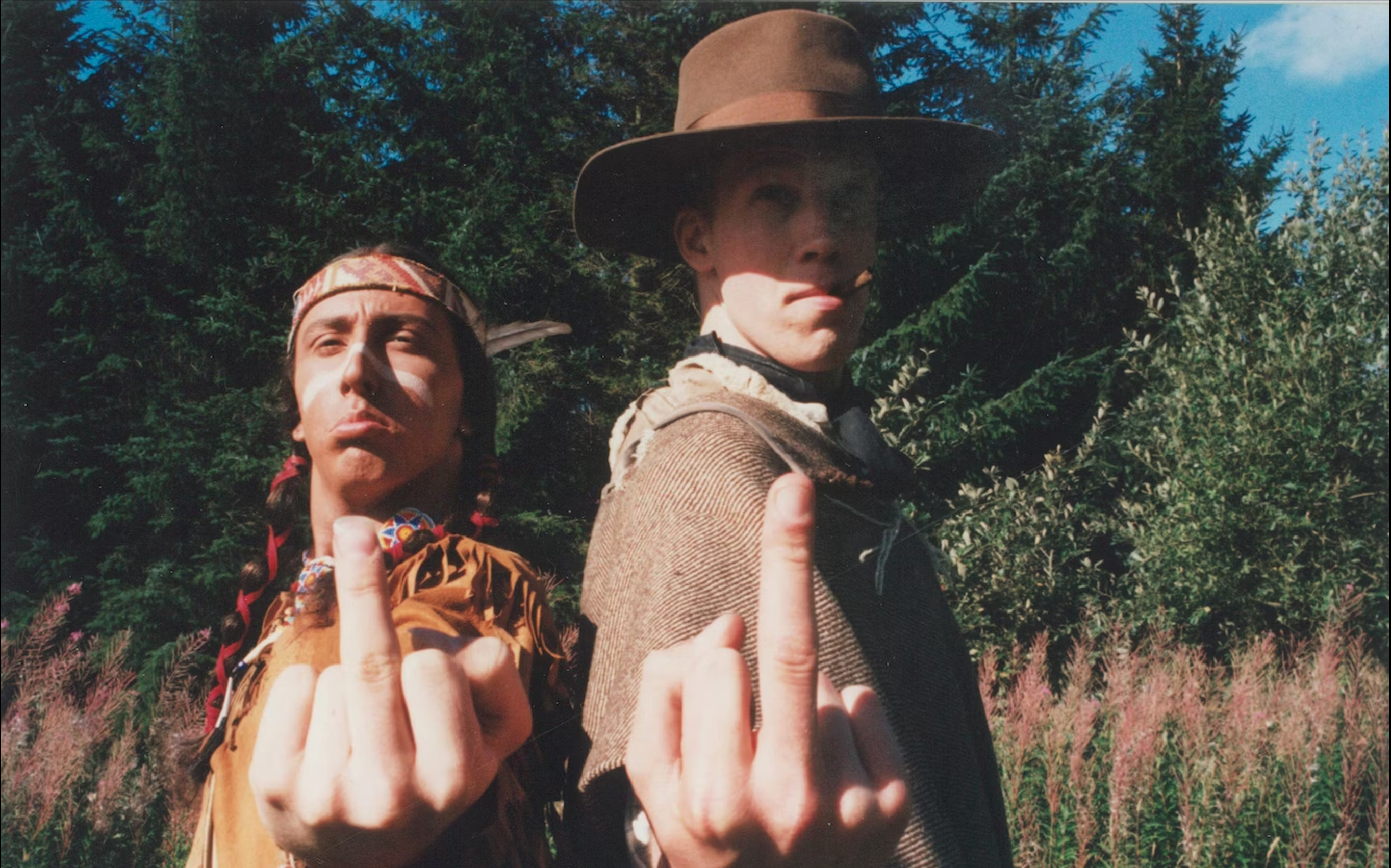
No Name is out for revenge for his horse, in hunt of the antagonist, The Squint (Oli Van der Vijver), with the help of Running Sore (Martin Curtis), a Native American Chief. The two men head on a quest to hunt down this villainous outlaw and collect his bounty, as well as the treasure he seeks. There are even bits of twists to the narrative regarding No Name’s backstory, with his father being the famed masked hero, the Milky Bar Man. Wright finds moments of levity in sequences where the heroes, during this journey, try to get a lift from passerby cars and pronounced shots of product placement for Coca-Cola and Milky Bar.
This story gives Wright a streamlined narrative for the film to play with but also overwhelms much of its comedic aspirations. It’s a complex dilemma in which the comedic bits can’t make up a feature film, but the plot is generic and doesn’t go beyond shallow parody. There are interesting hints to Wright’s fascination with other genres as he lampoons them while also taking diversions to pad the time and add more fun to proceedings. Wright takes sharp cuts into mocking the world of the Wild West, particularly a PSA-styled montage inviting outlaws to join a club. Scenes detail the outlaw club, where they can practice shooting peasants and buy blueprints for robbing banks.
Wright also employs animation in “A Fistful of Fingers,” with the title card sequence as well as in the backstory of Running Sore. On that note, Sore is an outdated and problematic piece of the film, with Curtis caked in poorly applied brown face makeup. Much of the film makes a mockery of the American accent during the Western period, with British actors playing up the difference in language and tone. This parlays into much of the dialogue-based humor of the film.
Whenever the jokes wear thin, Wright finds ingenious ways to insert a variety of gags to up the laughter. Still, the growing pains of the film persist. There’s an inability to merge comedy and story. With a near decade and numerous television shows between his debut and sophomore features, the leveling up of Wright’s skill as a storyteller is immense and starkly visible. Yet, despite its flaws, the film does prove that Edgar Wright always has had the heart of a filmmaker. Even in the mockery of clichés, even when the entire story feels derivative and fails to come together, there’s a love for the Western genre and films.
This truly does feel like a bunch of film-obsessed friends coming together for a weekend and making a funny film about their love for genre films. The low-budget aesthetic is more of a necessity to adhere to this respect and admiration, and the effort shows both intentionally and unintentionally. It all speaks to the love Edgar Wright has for cinema, defeating any of its flaws with its earnestness. Ultimately, that love is what makes this a worthwhile hunt to find and watch, especially for completists and fans of the cinema of Edgar Wright.
★★★
Read More: All Edgar Wright Movies Ranked
A Fistful of Fingers (1995) Movie Links: IMDb, Rotten Tomatoes
The Cast of A Fistful of Fingers (1995) Movie: Graham Low, Martin Curtis, Oli van der Vijver
A Fistful of Fingers (1995) Movie Genre: Comedy, Western | Runtime: 1h 18 Mins

